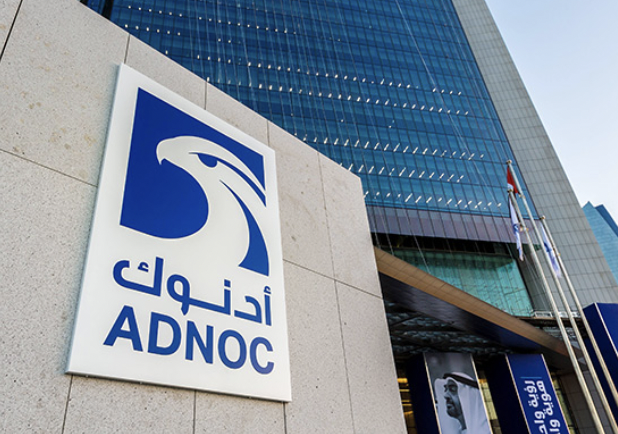Abu Dhabi National Oil Company (ADNOC) is finalising proposed remedies aimed at securing European Union approval for its planned €14.7 billion ($17.2 billion) acquisition of German chemicals producer Covestro, according to people familiar with the matter (Reuters).
The deal, ADNOC’s largest-ever acquisition, is among the biggest foreign takeovers of an EU company by a Gulf state. The European Commission, acting as the EU’s competition authority, is reviewing the transaction under the Foreign Subsidies Regulation (FSR), which targets potential distortions of competition arising from non-EU state aid.
The Commission has raised concerns that ADNOC may have benefited from subsidies, including an unlimited state guarantee and possible foreign aid linked to a planned €1.2 billion capital increase at Covestro. Sources cited by Reuters indicated that ADNOC is preparing to convert the capital increase into a shareholder loan at market rates in order to address these concerns.
ADNOC is also expected to replicate a strategy previously used by UAE telecoms group e& (formerly Etisalat), which obtained EU approval in 2024 for parts of its acquisition of Czech telecoms company PPF. In that case, e& agreed to remove unlimited state guarantees by ensuring its articles of association conformed to ordinary UAE bankruptcy law. ADNOC may offer similar commitments regarding guarantees, while also pledging to retain Covestro’s technology and intellectual property within Europe.
The European Commission declined to comment on the ongoing investigation. Likewise, a spokesperson for XRG, ADNOC’s international investment arm, said the company does not comment on active regulatory discussions.
ADNOC’s chief executive, Sultan Ahmed Al Jaber, reportedly held a phone call with EU Competition Commissioner Teresa Ribera on Friday, as part of ongoing negotiations. The company has in recent weeks criticised EU regulators for what it described as “disproportionate and invasive” requests for information, warning that such demands could put the deal at risk.
The outcome of the Commission’s probe will be a key test of the EU’s new subsidy rules, which are designed to ensure a level playing field for European companies when foreign state-backed rivals seek to expand in the bloc.
